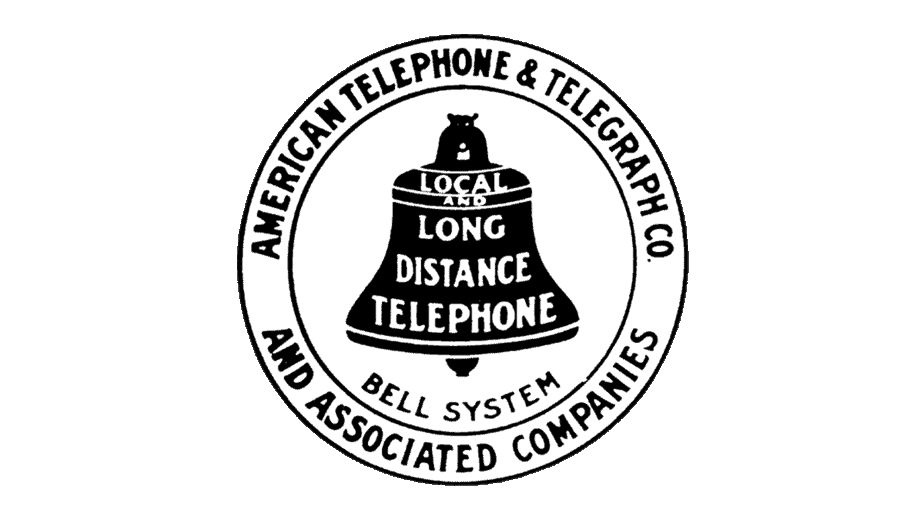It occurred to me last night that today, January 1st 2024, marks 40 years since the Bell System Divestiture: a quite historic event in monopoly legislation where the worlds largest company, and an (until then) regulated and approved monopoly, The Bell System, was broken up into its constituent parts.
It’s an indescribably complex event to explain, involving a century of history in a variety of subjects: far more than I have the energy to convey here. It does enough to understand that, until its end, the Bell System was the core of not just telephone communications but a massive amount of research in a variety of fields. The first transistors, for example, were developed at Bell Labs, as just one (very important case) of an incredible number of inventions to spawn just from that research division (not to mention it was the birth place of UNIX.) That’s ignoring the most front-facing aspect of the Bell System — Telephone service, both local, via the Bell Operating Companies, and long distance through the AT&T Long Lines department.
While there were other phone companies in some areas, mostly local operators save for a few more massive players in some regions like General Telephone. The Bell System, or, Ma Bell, as it was known, was incredibly dominant in the industry — it set the standards, and then some. You, in effect, had to play by its rules and, barring a few previous legal struggles that in the end they worked through, the Bell System was allowed to be this absolute behemoth: again, the worlds largest company at the time. It truly was a monopoly in the most practically applicable sense of the word, but that was seen as a benefit.
The quality of service provided by the Bell System was incredible. Known as the “five nine’s” it was the idea that, to paraphrase, service should be available 99.999 percent of the time. That is to say, available all but just a little over 5 minutes total time in a year Yeah, I wish modern ISP’s could keep up that level of reliability.
The quality of service, the reliability of service, was in part due to it being a monopoly, and owning everything it needed to be that dominant — Western Electric, the hardware side of things, was a part of the Bell System. The operating companies all worked under the Bell System standards. Long Lines was managed as part of AT&T, the parent company of the Bell System. Everything was Bell System, and while not perfect it was truly incredible for what was done with 20th century technology.

Everything worked, and it worked well. A little too well. By the mid 70’s the Government had begun to grow against the Bell System monopoly and, eventually, after much litigation, the divestiture plan was established on January 8th 1982.
After just shy of two years of planning, of dividing offices literally down the middle, of setting up new business identities, of incredible logistics and a customer relations nightmare in getting everyone on the same page, on January 1st of 1984, the Bell System died.
While many today would see this as the slaying of an evil giant, in reality, from what I’ve been able to gather, it was truly a sad moment. Costs to consumers generally rose, many layoffs happened, and service quality eventually began to deteriorate into the absolute hell that making a phone call today is.
The many “Baby Bell” companies that spawned from the breakup of Ma Bell eventually merged into what we know now as Verizon, Lumen Technologies and, of course, the modern AT&T — the overgrown bloated mess of a company that was once simply South Western Bell, now grown so massive that it actually purchased what was once its parent and is now, in my opinion, a far larger and much more evil beast than the Bell System ever was or ever could be.
This, only scratches the surface of my opinions and some of my understanding of the subject. It was, as mentioned above, an indescribably complex chain of events that lead to that moment (one that happened a whole year before I was born) but one that I, as a phone phreak, feel was the death of something special.
In the upcoming days I may share some Bell System related content for you to enjoy. For now, here’s the wiki link for the Bell System Breakup. Beyond that, I’ll see you next time.
If you want to get a slightly better understanding on what the Bell System actually was, you can check out the follow up article here.




1 Comment
Add a Comment